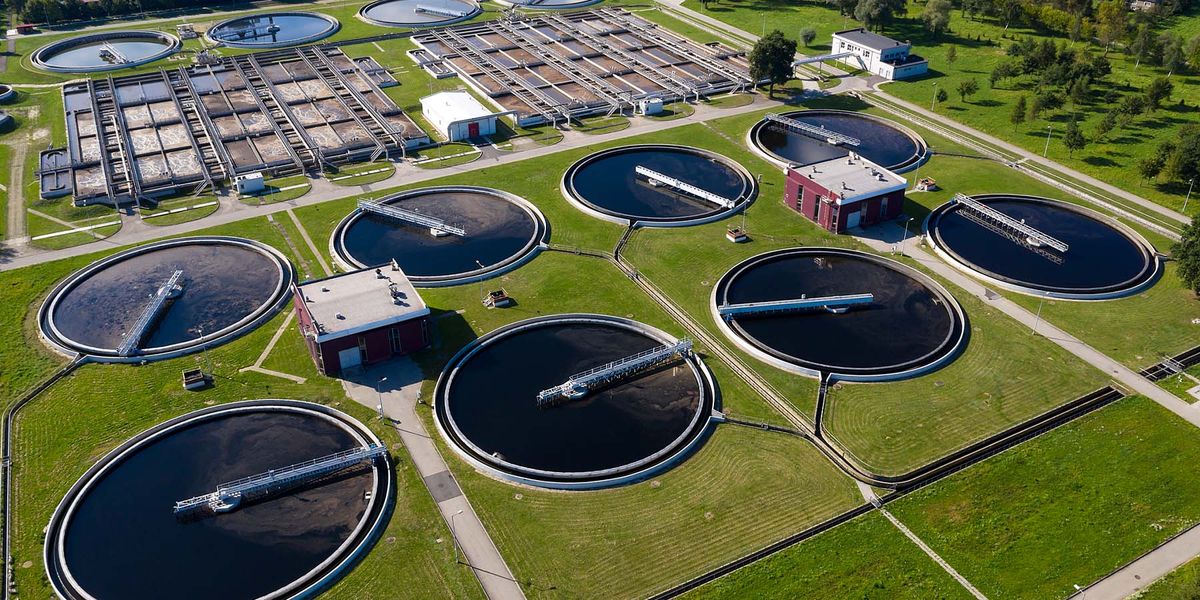
The accumulation of pollutants in water is dangerous for the environment and human lives. Some of them are considered as persistent organic pollutants (POPs) that cannot be eliminated from wastewater effluent. Thus, many researchers have devoted their efforts to improving the existing technology or providing an alternative strategy to solve this environmental problem. One of the attractive materials for this purpose are metal-organic frameworks (MOFs) due to their superior high surface area, high porosity, and the tunable features of their structures and function. This review provides an up-to-date and comprehensive description of MOFs and their crucial role as adsorbent, catalyst, and membrane in wastewater treatment. This study also highlighted several strategies to improve their capability to remove pollutants from water effluent.